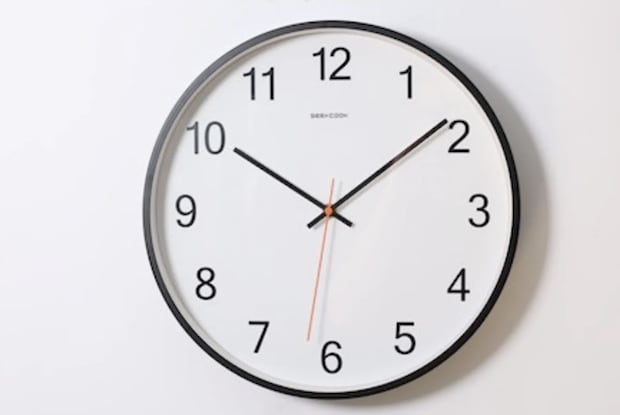Table of Contents
What is Depression?
Depression (also called clinical depression and major depressive disorder) is a common mood disorder. In the United States, it affects more than 16 million American adults and is the leading cause of disability for Americans aged 15 to 44. [1]
There are many different symptoms of depression. The condition affects both your mind and your body, and symptoms can range from mild to severe. Major depressive disorder can cause you to have persistent feelings of sadness, emptiness, anxiety, irritation, hopelessness, restlessness, guilt, and despair. If you have these feelings almost every day for longer than two weeks, then you may be suffering from depression. [2]
Additionally, depression can cause physical symptoms including aches and pains, weight changes, fatigue, digestive problems, sleeping difficulties, and memory problems. Severe depression may cause suicidal thoughts or actions. [3] If you think you or someone you know is suffering from depression, then you should speak to a doctor.
Depression can make everything feel more difficult. This includes work, socializing, and even just getting out of bed. However, there are many prescription antidepressants available that can help reduce the symptoms of depression. Common medications include Effexor XR (venlafaxine XR), Elavil (amitriptyline), and Wellbutrin XL (bupropion). As well as taking medication, depression is also commonly treated with therapy that can help you set personal goals, solve problems, and identify negative behaviors that you can attempt to improve. In addition to treatment, there are other things you can do to help cope with depression. Keep reading to learn tips to help improve your quality of life. An essential part of coping with and overcoming depression is getting support. While a natural reaction to depression can be withdrawal, staying connected to other people can vastly improve your outlook. There are several different ways to do this. Some people prefer to count on their loved ones during difficult times. Your loves ones want to help and reaching out to them is not a burden. Try to meet friends and family in person, but phone calls, video calls, and messages can also lessen feelings of loneliness. For other people, support is more beneficial from a community support group. In many cases, people there are going through depression as well and maybe better at empathizing and offering assistance. Being part of a support group also allows you to support others, which can also improve your mood. [4] When suffering from depression, it is important to continue taking care of yourself. This involves eating healthily, exercising, and getting sufficient sleep. There are many links between your diet and mental health. Eating a healthy diet that is rich in vegetables, lean meats, and grains may have an impact on your condition. It is also beneficial to limit stimulants and depressants such as caffeine, sugar, and alcohol. [5] While exercise may be the last thing on your mind during an episode of depression, it can be an effective way to improve your mood, especially for those with mild to moderate depression. Any form of exercise is useful and you should aim for around 150 minutes of moderate activity each week. This can take the form of a brisk walk, swimming, sports, working out in the gym, or anything else you find enjoyable. If you have not exercised in a while, start slow and build up to that 150 minutes. [6] Getting a good night’s sleep can also be very beneficial. However, for people with depression, this is not as easy as it appears. Around 80 percent of people with depression experience sleep disturbances. Tips to improve this can be to turn all electronics off at least an hour before sleeping, try and relax before going to bed, and avoid using your bed for any sort of work or anything else that may cause stress. [7] Hobbies can help you relax and can also give you much-needed energy. You cannot force your brain to have fun or to improve your mood. However, making time to do activities and hobbies that you enjoy, or enjoyed before your depression, can gradually improve your mood. Continue pursuing things that you enjoy, and you may notice subtle improvements to your mood. Ideas can include playing sports, hiking, playing an instrument, writing, art, or visiting a museum. [4] It is easy for the symptoms of depression to disrupt your daily life. It may cause you to skip meals, stay in bed for longer, or procrastinate on jobs and chores. However, setting and keeping a routine can help reduce your symptoms. A schedule does not need to be rigid, but waking up, eating, and sleeping at regular times can help increase the pace of days. Creating a routine for yourself can also help with other coping mechanisms. Your schedule can help make sure that you eat sufficiently and can also fit in time for exercise, hobbies, and social time. [5] The content in this article is intended for informational purposes only. This website does not provide medical advice. In all circumstances, you should always seek the advice of your physician and/or other qualified health professionals(s) for drug, medical condition, or treatment advice. The content provided on this website is not a substitute for professional medical advice, diagnosis, or treatment.
Stay Connected
Look After Yourself

Make Time for Hobbies

Stick to a Routine
